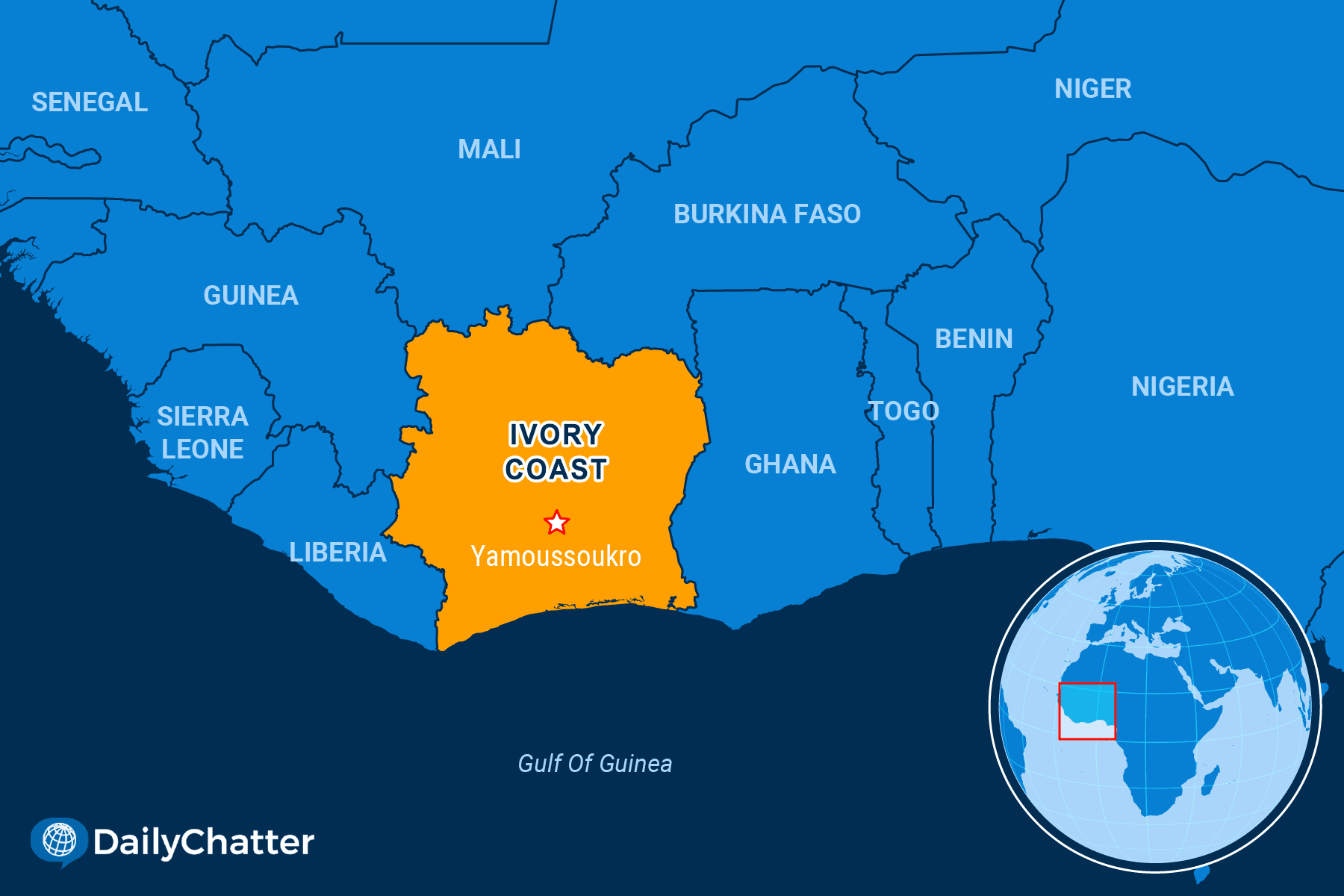Need to Know
October 27, 2023Bittersweet Chocolate
Ivory Coast

|
Listen to Today's Edition
|
Half of the dark chocolate in the world comes from cocoa that originates from Ivory Coast (Côte d’Ivoire). As the Hindu explained, the West African country wants to leverage its key location in this massive and lucrative supply chain to transition from exporting raw materials to making the chocolate itself.
This change won’t be easy, however. As a small economy that is dependent on the whims of massive American, European, and Chinese markets, small changes in the chocolate market can cause ripples that disrupt local business markets for years.
The government, for example, recently announced that the so-called farmgate value of chocolate – the price minus transportation and other costs – would increase by 11 percent, reported Bloomberg. Ivorian farmers, meanwhile, were asking for 44 percent increases due to investments in their farms and as global chocolate prices soared.
As Time magazine noted, confectioners in Europe, the world’s largest market for chocolate, temporarily stopped ordering as much cocoa as usual last year as they girded for the economic impact of Russia’s war with Ukraine. The actual impact of the war was relatively mild, however, and as demand renewed cocoa prices went sky-high.
Local farmers are receiving little of the wealth that their cocoa generates after it’s refined into candy and cooking products. And that’s not the only issue.
Deforestation in Ivory Coast accelerated last year following a decline over the previous few years, reported Reuters, citing a World Cocoa Federation report. The report suggested that the country had to do more to comply with new European regulations that prevent the imports of commodities like cocoa that deplete forests and their ecosystems.
Climate change is also a constant struggle for farmers in a tight geographic region where infrastructure and backup systems are few and far between. Excessive rain and other bad weather were expected to reduce cocoa shipments by almost 30 percent this year compared with last year, Africa News wrote.
Prime Minister Robert Beugré Mambé, whom President Alassane Ouattara tapped recently to lead the country, now must tackle these challenges, explained the Africa Report.
Mambé is an old hand in Ivorian politics. He ran the country’s election commission from 2005 to 2010 before allies of former President Laurent Gbagbo dismissed him from his position a few months before the vote, wrote Africa News and Agence France-Presse. After the 2010 election, clashes between the supporters of outgoing Gbagbo and Ouattara, the incoming winner, resulted in 3,000 deaths.
That violence was a testament to the simmering frustration underlying a force for sweetness in the world.
Not already a subscriber?
If you would like to receive DailyChatter directly to your inbox each morning, subscribe below with a free two-week trial.
Support journalism that’s independent, non-partisan, and fair.
If you are a student or faculty with a valid school email, you can sign up for a FREE student subscription or faculty subscription.
Questions? Write to us at hello@dailychatter.com.

